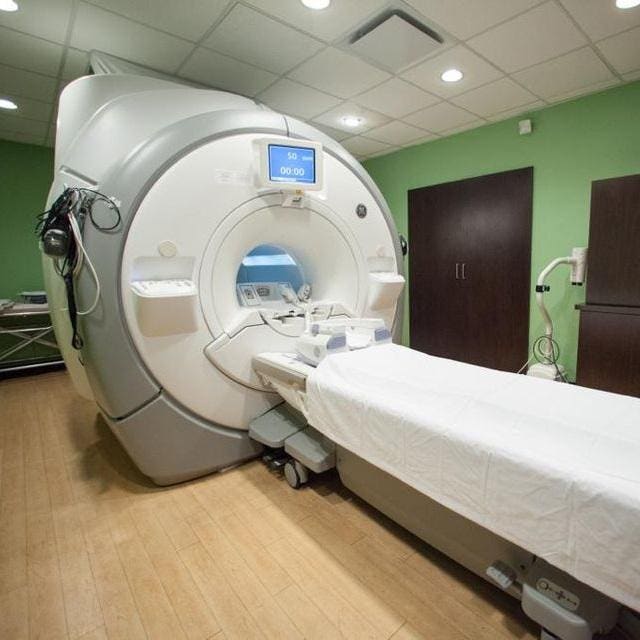If there are two specialties you like equally, MAYBE(?) it's a consideration, but a minor one at that. Choose something you want to do and you enjoy, that way at least you're certain of one thing.
From the perspective of starting my career and living in the bad job market of radiation oncology, I disagree with you.
It is impossible to know for sure what will happen with the job market, that part is true. Still, it's hard to see rad onc getting better. There are a lot of reasons it will only continue to worsen. If radiology takes a dive in say 5 years, I think we'll all not see it coming.
So for a medical student, I think it's wise to pick a specialty based on the best information available and make a informed choice. It's rare that a medical student would only be happy in radiation oncology (and if so, welcome aboard!). I assume that's true in other specialties as well. So I disagree and would say the job market should be a major factor.
I've come to this conclusion after watching supply-demand mismatch affect things in ways I never realized. I've also been watching how med oncs and radiologists are treated, which is totally different than rad onc. When I was younger and more naive, I used to think that academics wanted to give faculty the things necessary to succeed. I used to think that the private world was all about equal partnerships. I was a fool. They are all out to get as much money as they can out of you. The only way you get anything is to negotiate. At the very least groups look around at what others are doing and what they think they can get away with in the current job market. It's not even all about money. Everything from time to partner, location choices, ability to change jobs for any reason, how you are treated in your job, how your clinics run, vacation time, resources to do research (in academics), pay raises/cuts in employed positions, etc etc etc... It's all predicated on how much competition there is for jobs, how easily replaceable you are, and what other job offers you can get.
Employers are still making a ton of money off employed rad oncs. Stagnant and declining pay are not directly a function of reimbursement cuts. The money generated by rad oncs is just not going into their pockets. It's increasingly common that 10% or less of the collections generated by the rad onc go to the rad onc. These jobs would not be filled 10-20 years ago, but now they are often the only thing available anywhere near a metro area.
The grass is always greener on the other side, it is true. But I just wanted to give the perspective from someone living on this side.
PS: as I was writing this, this was posted:
Ghosting during the job hunt
This is happening all over rad onc right now. Institutions are ****ing us over simply because they can. If that doesn't scare med students away, I don't know what will.


